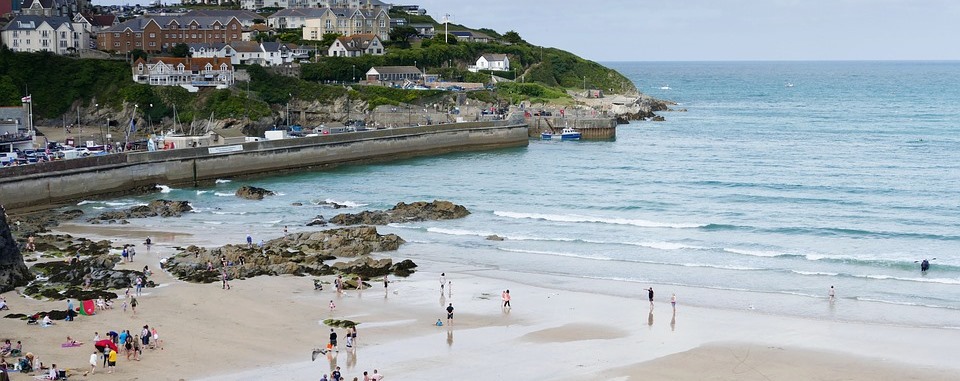In search of the impossible
Grand Central, a luxury development to be constructed on a derelict site in Cambridge, will only have eight affordable homes. This is in an area where over 2,000 people languish on council house waiting lists.
It’s only the latest example of the housing crisis plaguing the country, in which affordable homes are only affordable to the mega-rich hoping to make the UK – particularly London and the South East – its exclusive playground.
While Cambridge city council had previously agreed with the site’s former owner, Persimmon, to allocate 30 per cent affordable homes for the 143 properties it had sought planning permission for, the figure was renegotiated to only 6 per cent.
At the time, Persimmon pled poverty, arguing that the site was not particularly valuable – worth just £3m – only to turn around and sell the site to developer Weston for £15m a scant 12 months later.
Now, the site’s new owner, unveiling plans for the Grand Central luxury homes development with one-bedroom apartments starting at £340,000, has pledged to continue with its disgracefully minimal allocation of affordable homes.
The outrage sparked protests last Saturday (April 25) from trade unions and community groups, including Unite.
Unite’s Andrew Osborne told Cambridge News how the site had been pounced on by property developers hoping to make a quick buck.
“The site of the old Cambridge Water Company depot on Rustat Road has been derelict for at least a decade,” he said. “Recently the boards around the site became decorated with new signage for another luxury housing development.
“I find it incredible that in a city with a council house waiting list of over 2,000 people that the city council could allow another development of luxury flats,” he added.
“I call on the city council to intervene and stop this development and build something the city desperately needs – council housing.”
No isolated incident
What’s happening in Cambridge is no isolated incident, as a recent study from housing charity Shelter revealed on Wednesday (April 29).
According to its research, only 43 homes in London would be considered affordable to young first-time buyers.
Its analysis also found that 35 local authorities have no affordable homes at all.
Although not as extreme, the affordable housing crisis is almost just as bleak in other areas of the country. The most affordable region is the North-east, but even there little over 40 per cent of homes would be affordable to young families – less than half.
Look past the northern regions and the housing ladder becomes exponentially out of reach for your average earner – in Yorkshire and the Humber, only a third of homes are affordable; in the East Midlands, the figure drops to one in five. And in London, the epicentre of the housing crisis, less than one per cent of homes would be even remotely affordable for the city’s young families.
The Shelter analysis also recasts the definition of “affordable”, which, when applied in an official capacity to the private rental sector, means anything but.
Now, property developers can designate units that are up to 80 per cent of market rents as “affordable”, which places families in some areas in London in the absurd position of being offered an “affordable” home that costs £2800 a month.
Shelter’s definition of an affordable home, on the other hand, was determined by average earnings of families in the area and the amount they could borrow on that income, based on data from the Council of Mortgage Lenders.
Human rights violation
The housing crisis is so dire that it prompted a group of housing charities to allege earlier this week that the UK is in violation of its own UN human rights commitment.
A UN agreement to which Britain is a signatory requires every country in the agreement to “recognise the right of everyone to an adequate standard of living…including housing.”
As the general election nears, however, the crisis that’s been gathering apace over the years could have an end in sight.
Labour has committed to a number of measures that would ease the housing crisis, including a guarantee of long-term tenancies with caps on rent, a house building program that would see the construction of 200,000 homes a year for the next five years, as well as a clampdown on unscrupulous landlords.
These commitments prompted Unite general secretary Len McCluskey to hail Labour’s housing policies when they were first announced last year.
“People need to know that the house they rent is their home and that they will have the peace of mind that comes with three year security of tenure,” he said.
“These moves coupled with Labour’s pledge to build 200,000 houses a year, with a strong emphasis on council and social housing, should raise the quality of housing available and bring down the punishing cost of renting,” McCluskey added.
“This progressive programme will make a real difference to ordinary people and help soften the dysfunctional nature of the UK housing market.”
 Like
Like Follow
Follow


